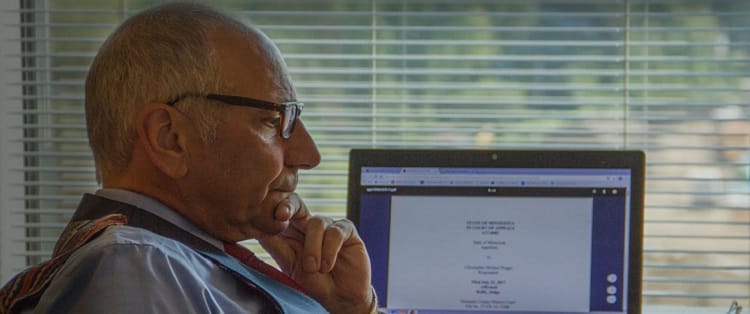You were shopping at the mall when the cashier suddenly made a phone call. She claims it’s to verify your card, and she won’t return it. Moments later, she tells you she won’t return the card because it isn’t yours.
This is a common practice in some businesses to help stop identity theft, but it can catch innocent people in its clutches. Identity theft is when you wrongfully claim you are someone else or use their information for economic gain or for other purposes. In this case, you used your mother’s credit card to purchase items for her. You had permission, but the store has already called the police. What can you do now?
1. Claim innocence
In your situation, a claim of innocence may be the best route forward. You may not even be charged if you can show that your mother gave you permission to use her credit card. Be aware that if she is unable to be contacted or fails to state that you had permission to use the card when speaking to the store or police, you could face charges even though it’s a family member’s account.
2. Show that you are the owner of the card
Sometimes, there are mistakes made that make it look like you’re not the owner of a credit card. For example, some older cards had photos of the cardholder on the front of the card. This could become complicated if the person looked significantly different than the ID. For instance, if you had short red hair and glasses in the photo but long black hair and contacts in person, the cashier might question that you’re the same person. It’s a good idea to carry an extra ID in those cases. If there is any question as to if you’re the cardholder, you could face allegations of identity theft.
3. You accidentally used the wrong card
This can happen, too. Imagine having two cards, one that goes to your bank and is in your name and another that is in your friend’s name to the same bank. She forgot it at your house, so you decide to take it with you to see her later. In the meantime, you use the wrong card, thinking it’s yours. Later, your friend reports fraud, and you discover you made a mistake when you made a purchase. If your friend chooses to do so, she could pursue a claim against you and you could face charges. You can defend yourself by explaining exactly what happened.
These are just a few situations that can occur and how you might respond to the allegations against you. Your attorney can help you fight unfair charges to clear your name.
Source: Nov. 30, -0001
